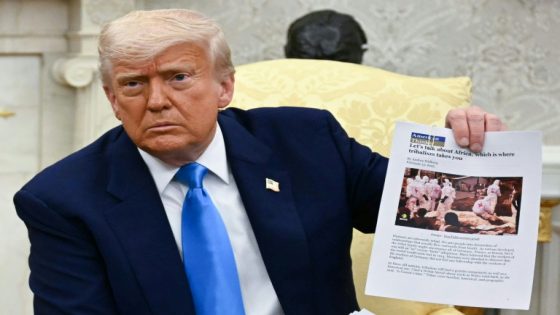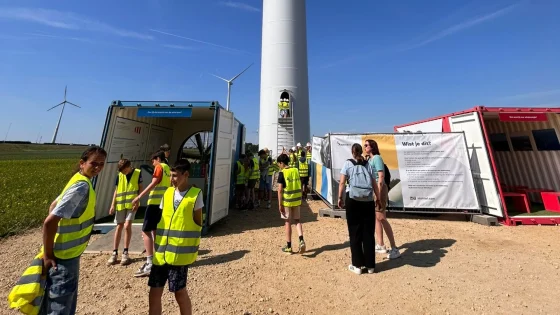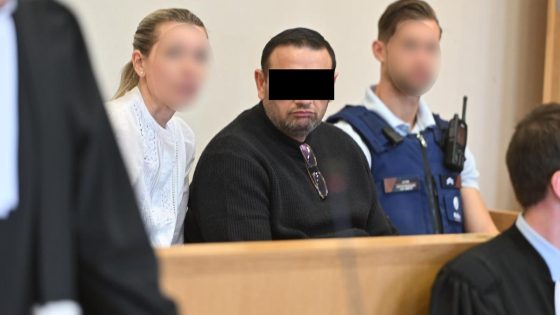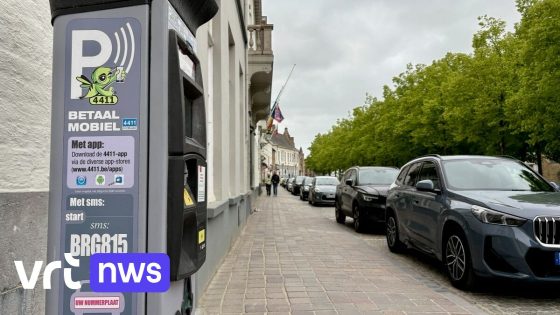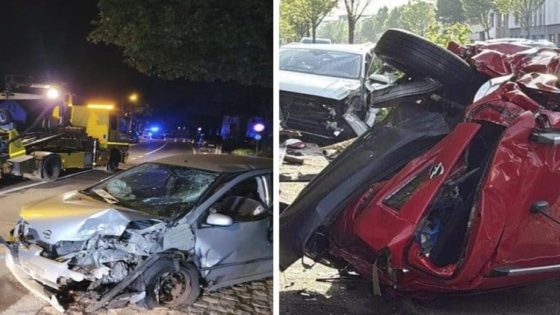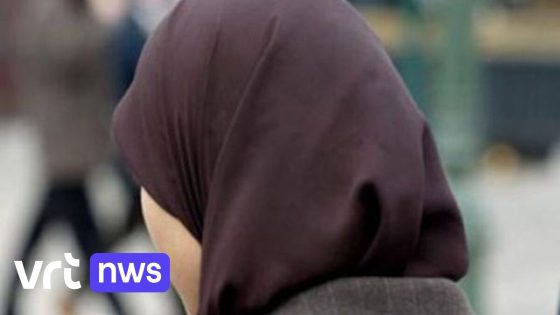Recent statements by former President Donald Trump have sparked significant controversy, particularly regarding claims of a so-called “white genocide” in South Africa. On May 21, 2025, Trump presented visual evidence to support his assertions during a meeting with South African President Cyril Ramaphosa, igniting a national debate on misinformation.
- Trump cites DRC visuals for genocide claims.
- White House orchestrated Trump's meeting strategy.
- South Africans allegedly fleeing to Australia.
- Fact-checking Trump's genocide assertions in South Africa.
- Video of burial sites misrepresented by Trump.
Trump’s claims have been met with widespread scrutiny. Various News outlets, including CNN and PBS, have fact-checked his statements, revealing inconsistencies and inaccuracies. This incident raises critical questions about the impact of political rhetoric on public perception and international relations.
As misinformation continues to circulate, it’s essential to ask: how do these narratives shape our understanding of global issues? The implications are vast, particularly in the context of U.S.-South African relations. Consider these points:
- Trump’s statements have been widely discredited by multiple sources.
- Such rhetoric can exacerbate racial tensions both domestically and internationally.
- Fact-checking organizations play a vital role in clarifying misinformation.
- Political leaders must be held accountable for their claims.
As the conversation around these claims evolves, staying informed is essential. Engaging with credible sources will help ensure a well-rounded understanding of international affairs.



